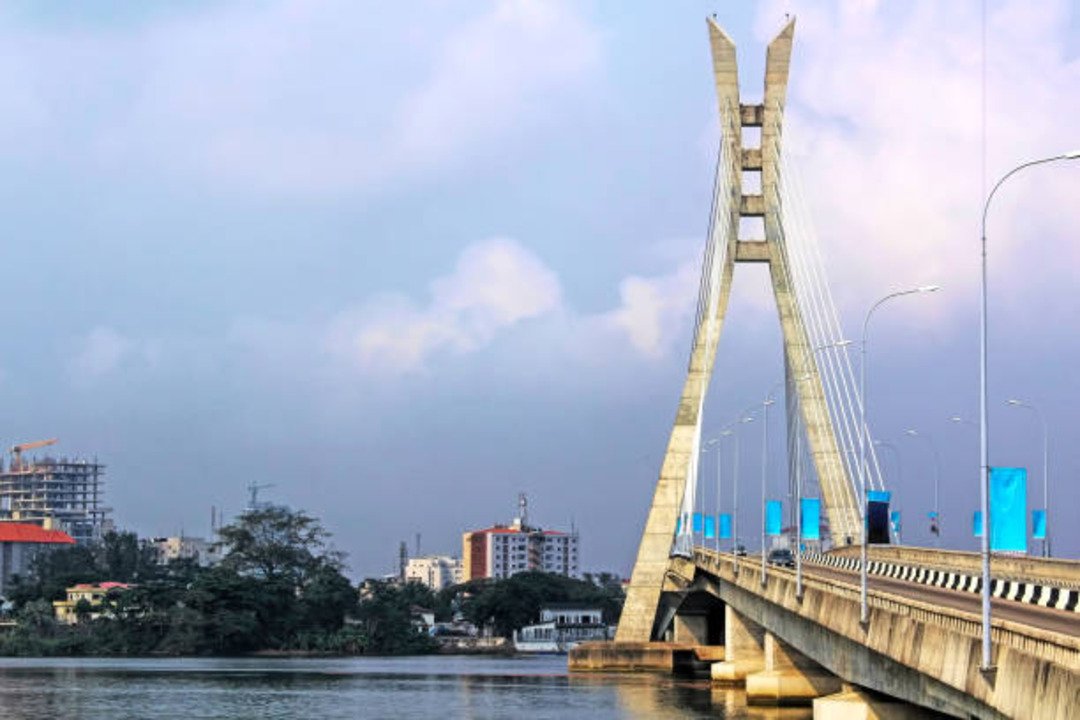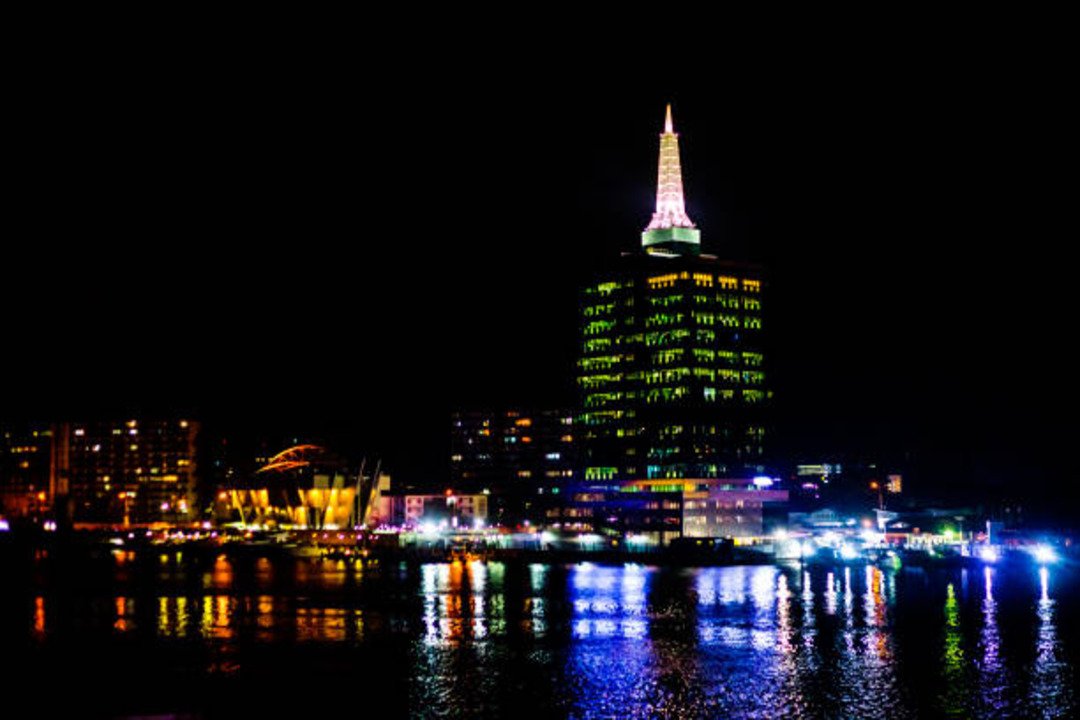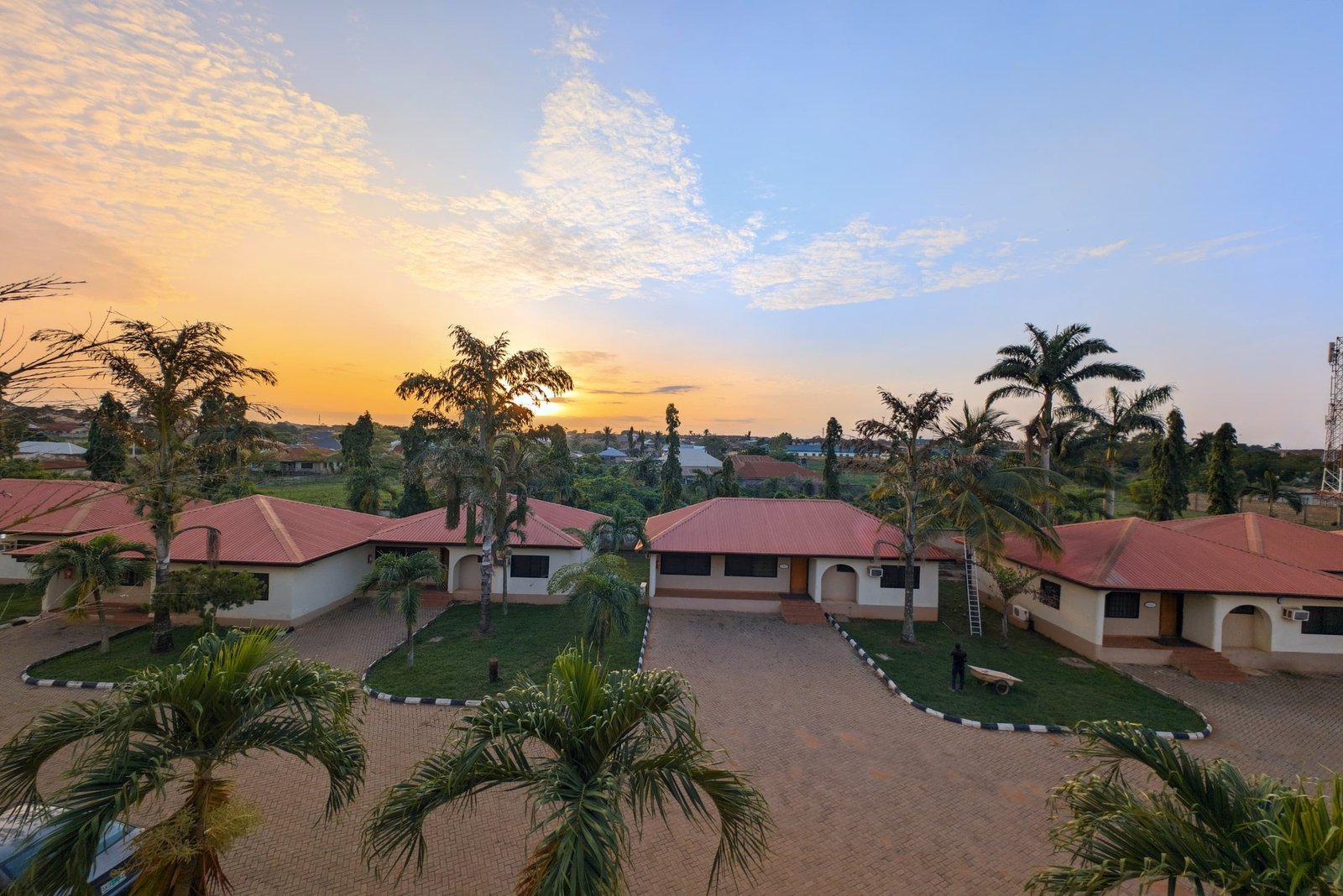Nigeria: A Must-Visit Destination
Ilera
July 13, 2024

Nigeria, the most populous black nation on earth, stands as a beacon of diversity, culture, and history. With over 250 ethnic groups and more than 500 languages spoken within its borders, Nigeria offers a tapestry of experiences unlike any other. It is a country where every visit unfolds a new story, and every corner reveals a unique aspect of its rich heritage.
One of the most striking features of Nigeria is its vibrant and varied culture. From the lively Ojude Oba festival in Ijebu Ode, where the Yoruba people celebrate with elaborate parades and traditional attire, to the Ekang Calabar Festival, which showcases the colorful traditions of the Efik people in Cross River State, the cultural festivals are a sight to behold. These festivals not only provide entertainment but also offer deep insights into the customs, traditions, and histories of the different ethnic groups.
For travelers, tourists, and culture enthusiasts, Nigeria is a treasure trove. Its cultural heritage is matched by its historical significance, with sites that tell tales of ancient civilizations and colonial eras. The city of Ife, for instance, is considered the spiritual heart of the Yoruba people and is home to the Ooni’s Palace and the Ife Museum, which houses artifacts dating back to the 12th century. Similarly, the city of Benin is renowned for its bronze sculptures and the historical Benin City walls.

Nigeria’s natural landmarks are equally captivating. The country boasts a variety of landscapes, from the lush greenery of the Niger Delta to the arid beauty of the Sahel in the north. One can explore the breathtaking heights of the Obudu Mountain Resort in Cross River State, which offers stunning views and a cool climate. The Yankari National Park in Bauchi State is another must-visit, providing a chance to see wildlife such as elephants, baboons, and hippos in their natural habitat.
Lagos, the bustling commercial capital, presents a different kind of allure. With its bustling markets, vibrant nightlife, and beautiful beaches, Lagos is a city that never sleeps. The Lekki Conservation Centre offers a peaceful retreat within the city, with a canopy walkway that provides a bird’s-eye view of the surrounding nature. Victoria Island and Ikoyi are known for their upscale restaurants, shopping malls, and art galleries.
For those interested in history, the slave routes and relics in Badagry and Calabar offer a somber reminder of Nigeria’s role in the transatlantic slave trade. These sites are crucial for understanding the historical context of the country and its impact on the world.
The northern part of Nigeria also holds unique attractions. The ancient city of Kano, with its centuries-old city walls and bustling markets, and the rock formations of the Zuma Rock in Abuja are both worth exploring. Additionally, the annual Durbar festival in cities like Kano and Katsina is a spectacular display of horsemanship, music, and dance, rooted in the region’s Islamic traditions.
In conclusion, Nigeria is a destination that promises an enriching and unforgettable experience. Its diversity in culture, language, and traditions, coupled with its historical sites and natural landmarks, make it a one-stop shop for travellers, tourists, and lovers of culture and history. Each visit to Nigeria is an invitation to discover something new and to immerse oneself in the vibrant life of this extraordinary nation.


